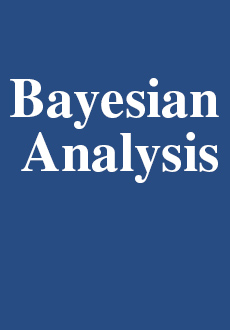Abstract
The analysis of RNA-Seq data has been focused on three main categories, including gene expression, relative exon usage and transcript expression. Methods have been proposed independently for each category using a negative binomial (NB) model. However, counts following a NB distribution on one feature (e.g., exon) do not guarantee a NB distribution for the other two features (e.g., gene/transcript). In this paper we propose a family of Negative Binomial models, which integrates the gene, exon and transcript analysis under a coherent NB model. The proposed model easily incorporates the uncertainty of assigning reads to transcripts and simplifies substantially the estimation for the relative usage. We developed simple Gibbs sampling algorithms for the posterior inference by exploiting fully tractable closed-forms of computation via suitable conjugate priors. The proposed models were investigated under extensive simulations. Finally, we applied our model to a real data set.
Citation
Lili Zhao. Weisheng Wu. Dai Feng. Hui Jiang. XuanLong Nguyen. "Bayesian Analysis of RNA-Seq Data Using a Family of Negative Binomial Models." Bayesian Anal. 13 (2) 411 - 436, June 2018. https://doi.org/10.1214/17-BA1055





